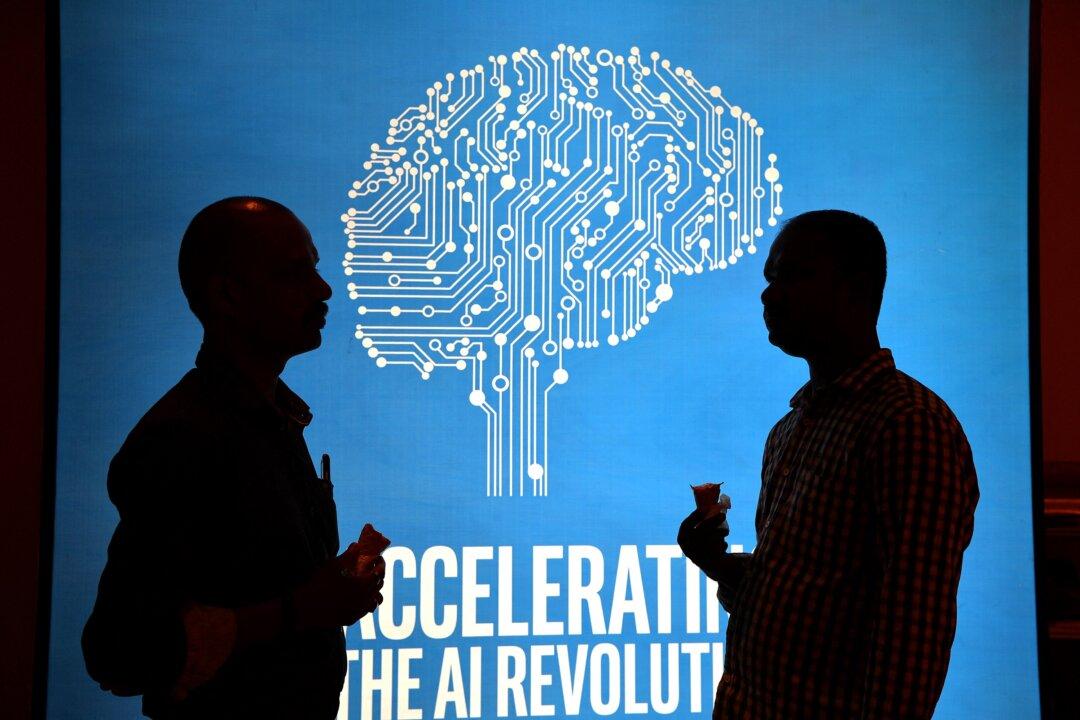Government inaction and weak regulations for artificial intelligence (AI) development are harming the American public while profiting major tech corporations, according to the Congressional testimony of one expert.
Woodrow Hartzog, a professor of law at Boston University, said that “half measures” like audits and controls that are implemented after AI systems have already been deployed are putting the safety of American citizens at risk.




